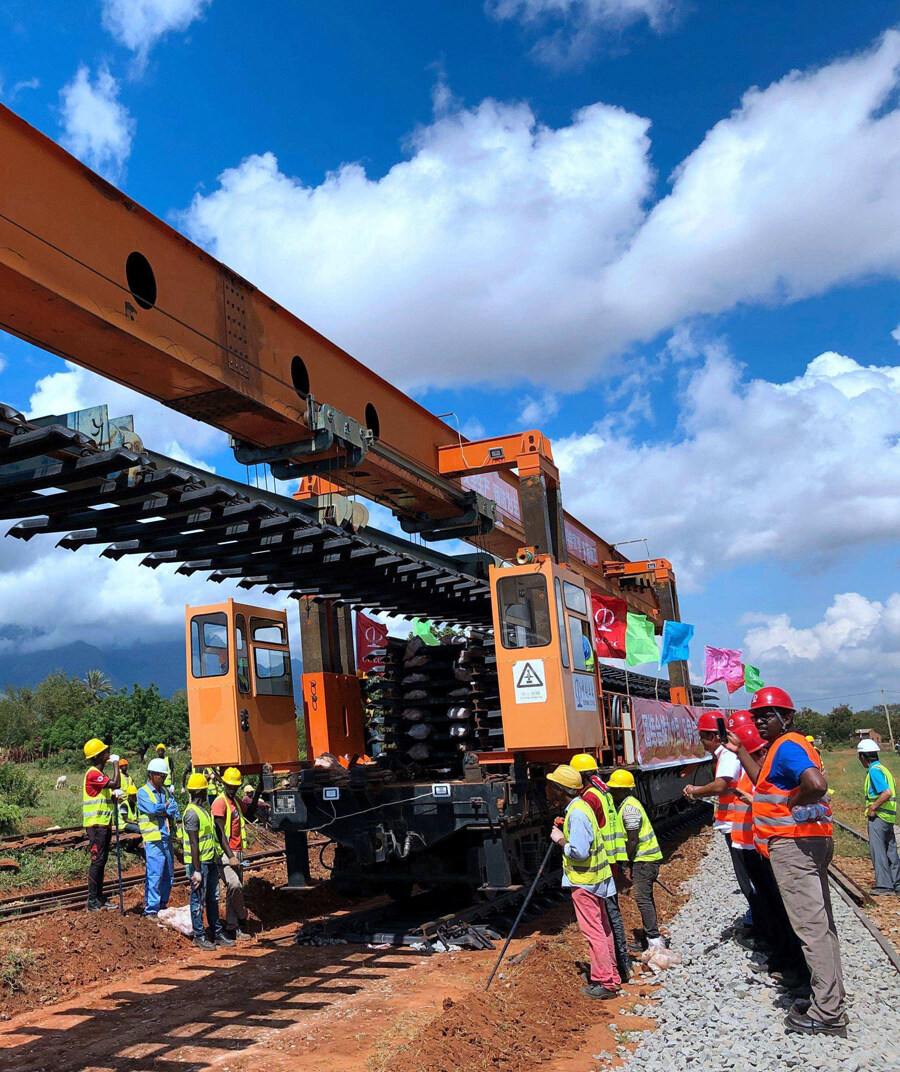- African Infrastructure Development is a development plan aimed at promoting cross-border infrastructure connectivity in Africa
- The summit mainly focused on issues such as infrastructure financing trends in Africa, green and sustainable infrastructure construction, etc

Recently, the second African Infrastructure Financing Summit was held in Dakar. The summit was co-hosted by the African Union Commission, the African Union Development Agency AUDA-NEPAD and Senegal, the rotating presidency of the African Union. Senegal President Macky Sall and Rwandan President Paul Kagame attended the meeting.
According to reports, the theme of the summit is to maintain the momentum of infrastructure development in Africa, focusing on issues such as the trend of infrastructure financing in Africa, the energy master plan of the African continent, the single energy market in Africa (AfSEM), the digital transformation and development of Africa, and the construction of green and sustainable infrastructure in Africa. . At this meeting, the AU also reviewed the progress of the implementation of PIDA, the African infrastructure development plan.
African Infrastructure Development Program
The African Infrastructure Development Plan (PIDA) is a development plan adopted by the African Union in 2012 to promote cross-border infrastructure connectivity in Africa. It is expected to be completed in 2040, with a total construction investment of 360 billion US dollars.
Up to now, about 400 projects have been carried out under PIDA, 30% of which are infrastructure projects. From 2014 to 2022, the plan has attracted about US$400 billion in investment and financing.
In 2021, African countries adopted 71 priority projects in the second phase of the PIDA Priority Action Plan (PAP II) at the AU summit, covering transportation, communications, energy, water conservancy, agriculture and other fields, involving more than 40 AU countries. As the projects that best reflect the framework of the African Union's "Agenda 2063", these 71 projects have typical representative significance and scale effects in promoting regional integration, gender inclusiveness, rural connectivity, and environmental friendliness.

The first phase of PIDA's priority action plan includes 51 sub-items, most of which belong to the field of transportation, followed by information and communication technology and energy industries. Most of the transportation projects are distributed in the EAC region of the East African Community, and the continental projects account for half of the total number of ICT projects, while the energy projects are relatively scattered in the regional economic communities.
According to the PIDA interim progress report, nearly half of the ICT projects are completed and in the operational phase. Only 6% of energy projects, 19% of transportation projects and 11% of water conservancy projects are in operation.
The African Development Bank, AfDB, has already provided more than $7 billion in financing for PIDA projects under the first Priority Action Plan 2012-2020. Over the past 15 years, the African Development Bank has provided nearly $9 billion in financing to the continent's priority infrastructure programs and projects under the NEPAD infrastructure programme, making it the leading financier. Editor/He Yuting
Comment
 1
1
 Collect
Collect
 Comment
Comment
 Search
Search














Write something~